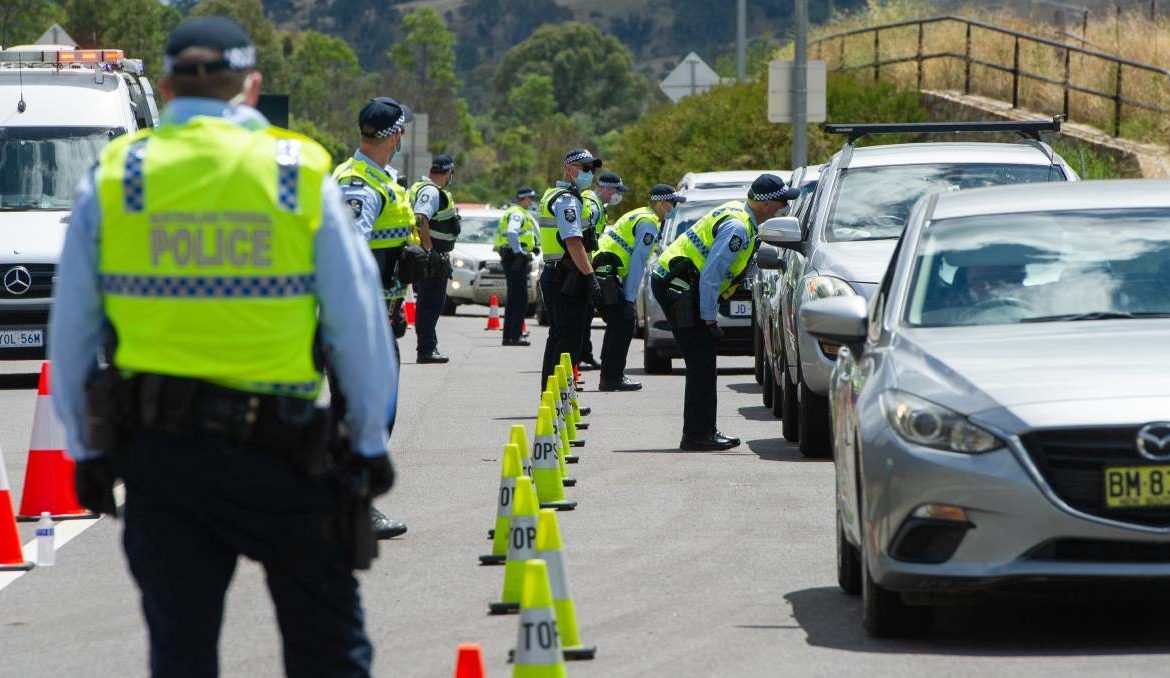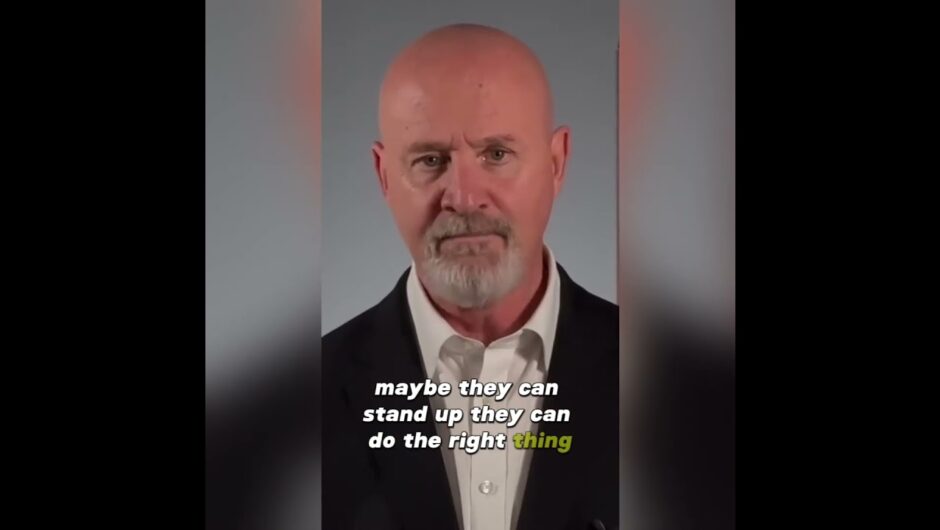coronavirus,
More than 300 people from COVID-19 hotspots have self-quarantined in the ACT, as the chief health officer warns travel restrictions will likely remain in place over Christmas, and possibly into the new year. ACT chief health officer Kerryn Coleman said the daily decrease in case numbers in NSW was fantastic but she was waiting on Wednesday’s update from NSW Premier Gladys Berejiklian and to know more about the amount of movement between the two jurisdictions. Ms Berejikilian will decide on Wednesday what restrictions on gatherings and movement will be in place for Christmas Day. Dr Coleman said Canberrans should expect current quarantine requirements for anyone returning from greater Sydney, the Central Coast and Wollongong, to remain in place for Christmas and potentially into the new year. More than 300 people will be forced to self-quarantine in Canberra after declaring they were in the NSW hotspots. ACT Health has received more than 860 self-declaration forms, but many of those people won’t need to quarantine as they are only transiting through Sydney en route to Canberra. Dr Coleman wanted NSW testing numbers to remain “reassuringly” high and for minimal movement between Canberra and hotspot areas. “If there is more movement I’m more concerned, if there’s less movement I’m less concerned,” she told ABC Radio Canberra. She said it was most important all new cases were identified and linked to the Avalon cluster, which has been the case for the majority of infections so far. She said that meant new infections were already in quarantine and therefore didn’t pose a risk of infecting others. “It’s not necessary to see no cases in the NSW area, it’s the details about those cases and the settings in NSW which would allow transmission to occur undetected,” she said. Police are randomly checking cars at Canberra’s northern border on the Federal Highway in a random breath testing station style operation. There is no hard border closure with NSW, which means a resident coming from a COVID-19 hotspot is allowed to enter the ACT and will not be turned around by police. They are required to fill out a declaration form and self-isolate. If a person enters and is not a Canberra resident police say they will need to make their own quarantine arrangements. ACT Health says non-ACT residents should not be coming if they have been in greater Sydney, the Central Coast or Wollongong. ACT Policing Detective Superintendent Matt Heather said police were advising people of their need to complete the declaration but wouldn’t “sit there with them” to ensure it was done. “They have that obligation to self-declare and we’re just encouraging people to do so,” he said. Detective Superintendent Heather said there would also be mobile patrols of Canberra’s other borders. Following a huge spike in demand for the COVID-19 hotline on Monday, when 3000 calls were answered, the service’s operating hours have been extended. The line is now open from 7am to 9pm. Dr Coleman said this would be reviewed daily and remain as long as demand remained high. On Tuesday 1760 calls were answered.
/images/transform/v1/crop/frm/YSE9Nkng6wVvRADAVf7nRi/704c8e69-2654-4837-94bc-76ab49ef163a.jpg/r9_103_3558_2108_w1200_h678_fmax.jpg
More than 300 people from COVID-19 hotspots have self-quarantined in the ACT, as the chief health officer warns travel restrictions will likely remain in place over Christmas, and possibly into the new year.
ACT chief health officer Kerryn Coleman said the daily decrease in case numbers in NSW was fantastic but she was waiting on Wednesday’s update from NSW Premier Gladys Berejiklian and to know more about the amount of movement between the two jurisdictions.
Dr Coleman said Canberrans should expect current quarantine requirements for anyone returning from greater Sydney, the Central Coast and Wollongong, to remain in place for Christmas and potentially into the new year.
More than 300 people will be forced to self-quarantine in Canberra after declaring they were in the NSW hotspots.
ACT Health has received more than 860 self-declaration forms, but many of those people won’t need to quarantine as they are only transiting through Sydney en route to Canberra.
Dr Coleman wanted NSW testing numbers to remain “reassuringly” high and for minimal movement between Canberra and hotspot areas.
“If there is more movement I’m more concerned, if there’s less movement I’m less concerned,” she told ABC Radio Canberra.
She said it was most important all new cases were identified and linked to the Avalon cluster, which has been the case for the majority of infections so far. She said that meant new infections were already in quarantine and therefore didn’t pose a risk of infecting others.
“It’s not necessary to see no cases in the NSW area, it’s the details about those cases and the settings in NSW which would allow transmission to occur undetected,” she said.
Police are randomly checking cars at Canberra’s northern border on the Federal Highway in a random breath testing station style operation.
There is no hard border closure with NSW, which means a resident coming from a COVID-19 hotspot is allowed to enter the ACT and will not be turned around by police.
ACT Policing are checking cars on the ACT border at the Federal Highway. Picture: Elesa Kurtz
They are required to fill out a declaration form and self-isolate. If a person enters and is not a Canberra resident police say they will need to make their own quarantine arrangements.
ACT Health says non-ACT residents should not be coming if they have been in greater Sydney, the Central Coast or Wollongong.
ACT Policing Detective Superintendent Matt Heather said police were advising people of their need to complete the declaration but wouldn’t “sit there with them” to ensure it was done.
“They have that obligation to self-declare and we’re just encouraging people to do so,” he said.
Detective Superintendent Heather said there would also be mobile patrols of Canberra’s other borders.
Following a huge spike in demand for the COVID-19 hotline on Monday, when 3000 calls were answered, the service’s operating hours have been extended.
The line is now open from 7am to 9pm. Dr Coleman said this would be reviewed daily and remain as long as demand remained high.
On Tuesday 1760 calls were answered.







